Near-miss: Equipment failure: Broken mast arms
- Safety Flash
- Published on 29 May 2015
- Generated on 12 July 2025
- IMCA SF 07/15
- 1 minute read
Jump to:
A Member has reported two near miss incidents in which there has been a failure of a mast arm on a CTV.
Both incidents related to weld fatigue. In both cases heavy aerials have caused welds to crack and break over time until the mast arm gives way.
In both cases the CTVs were able to safely navigate back to harbour. However, this could have very easily been a different story if the conditions were different or if the mast had damaged any of the equipment.
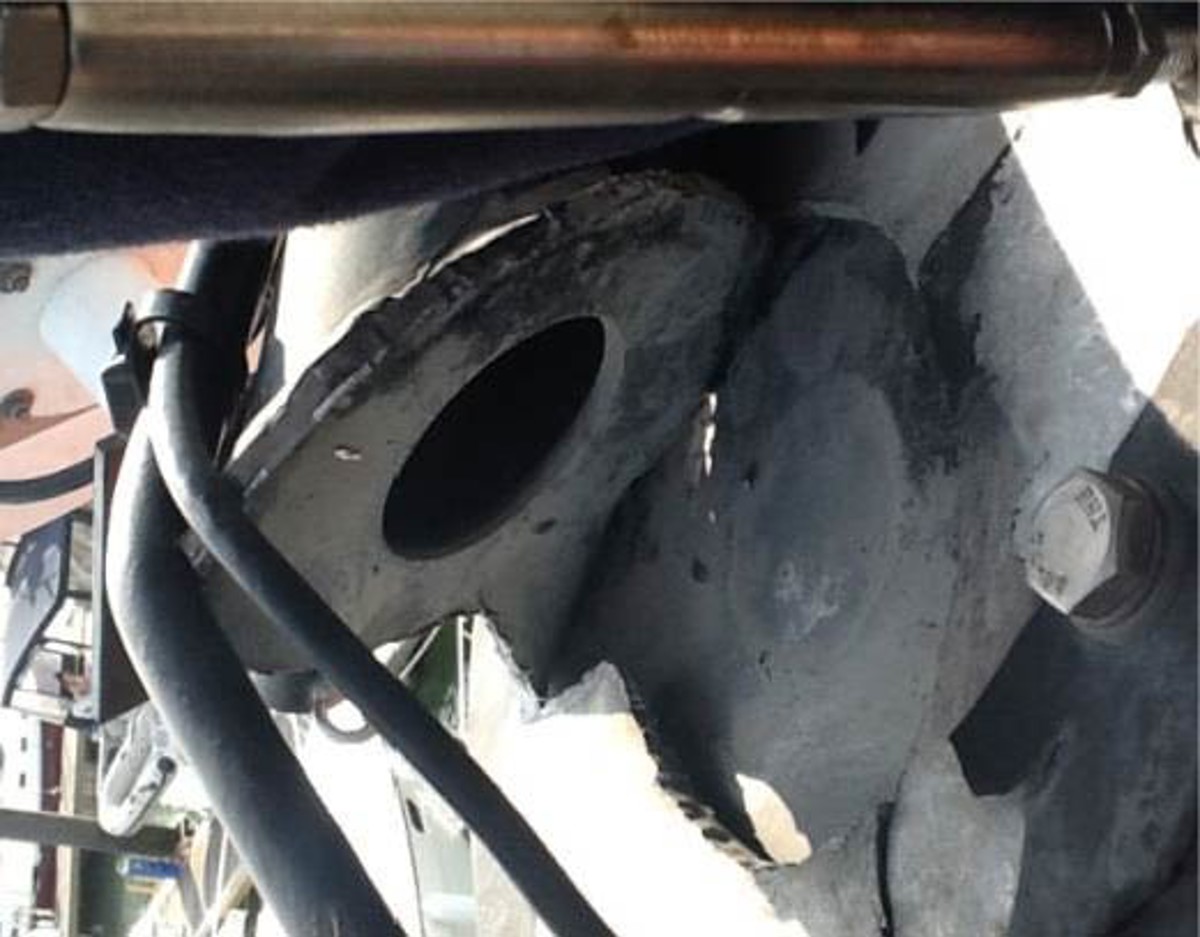
Mast damage following the first incident
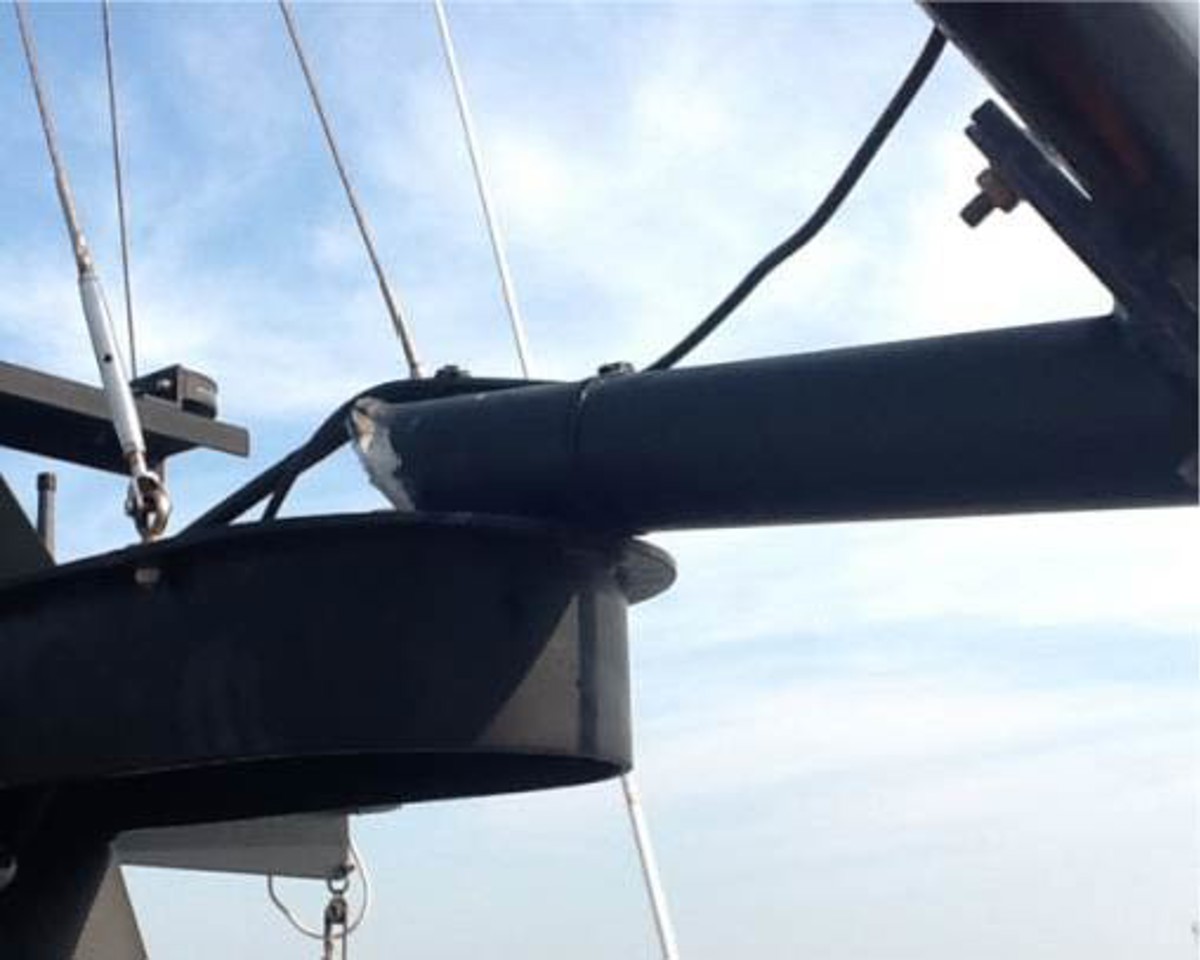
Mast damage following the first incident
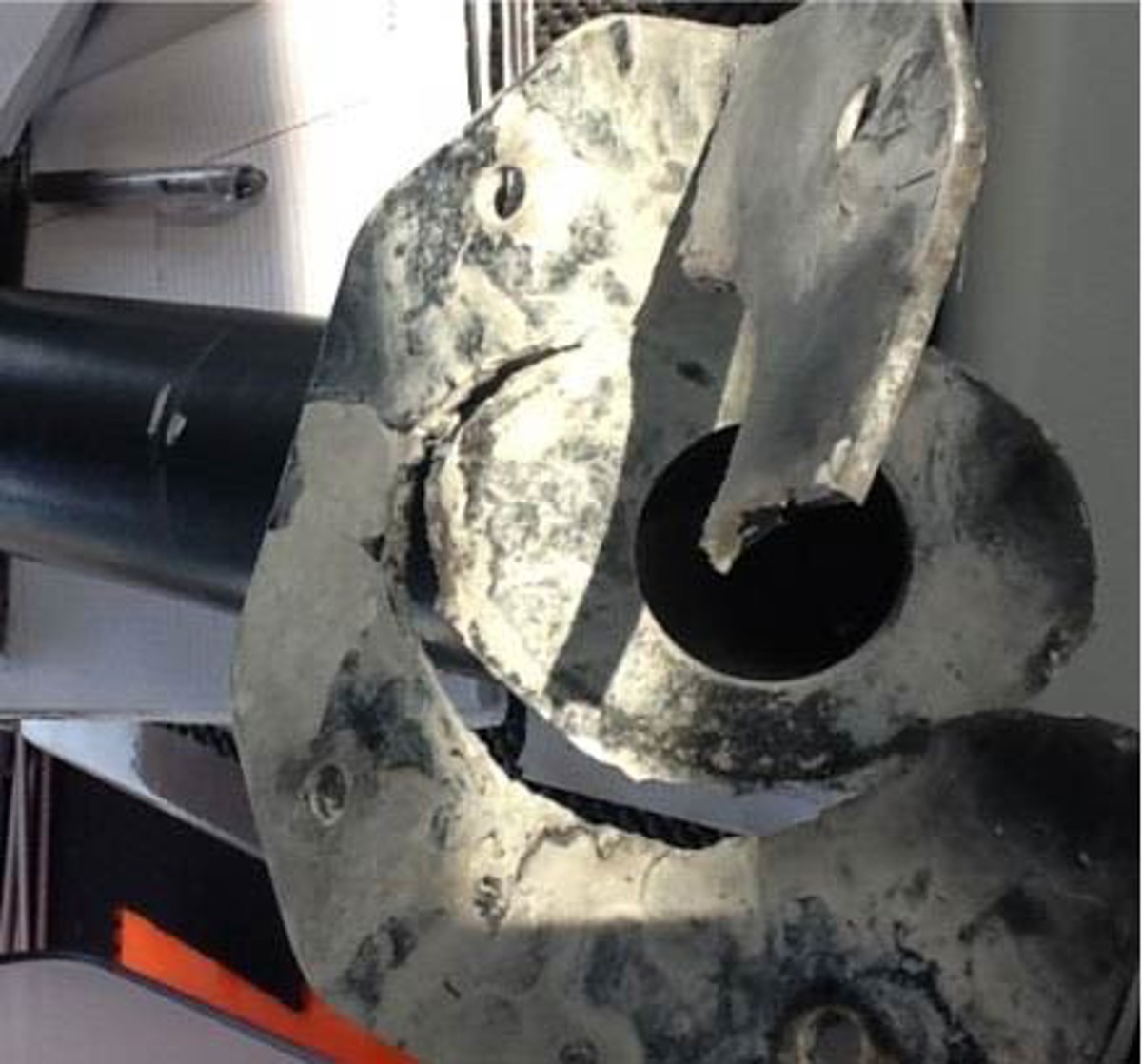
Mast damage following the first incident
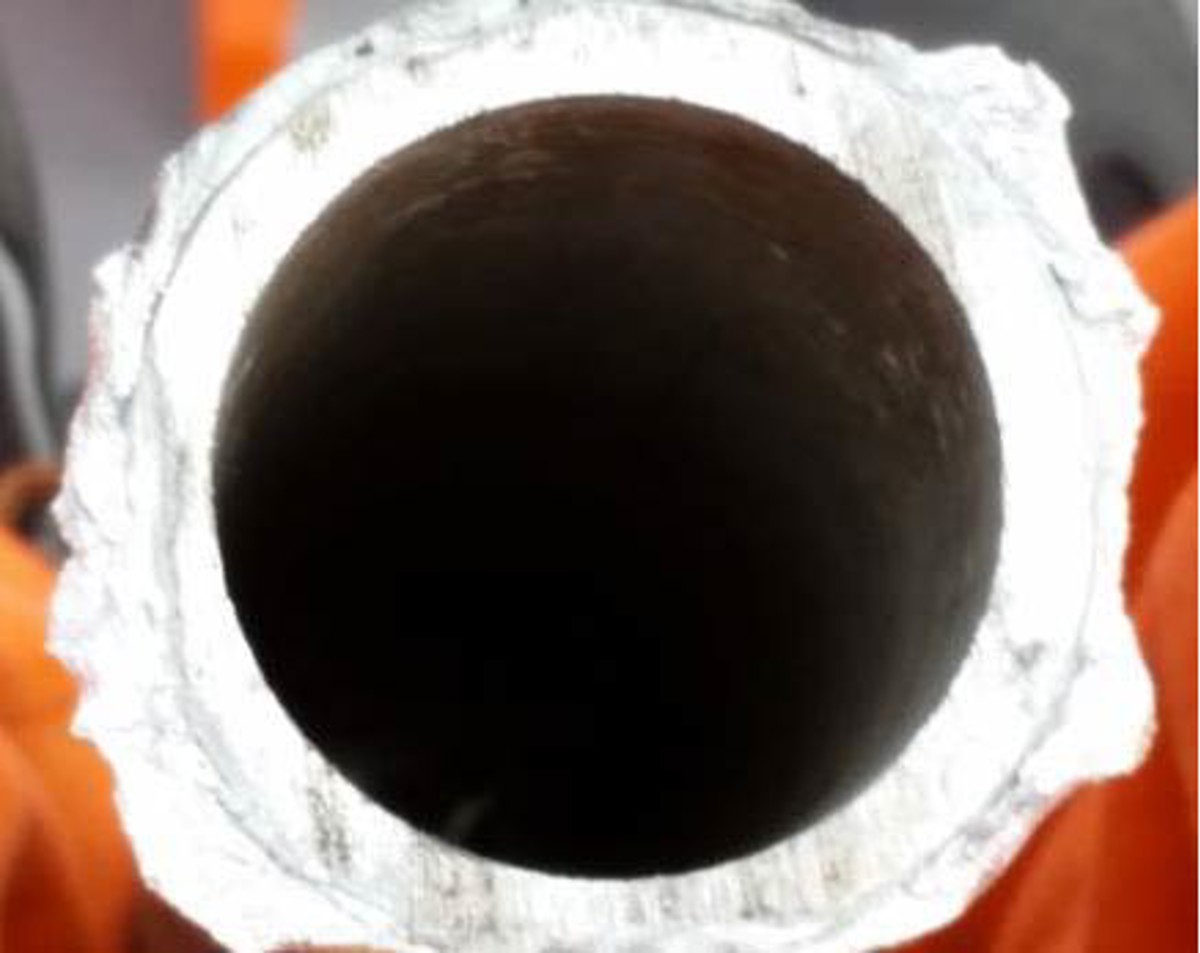
Mast damage following the second incident
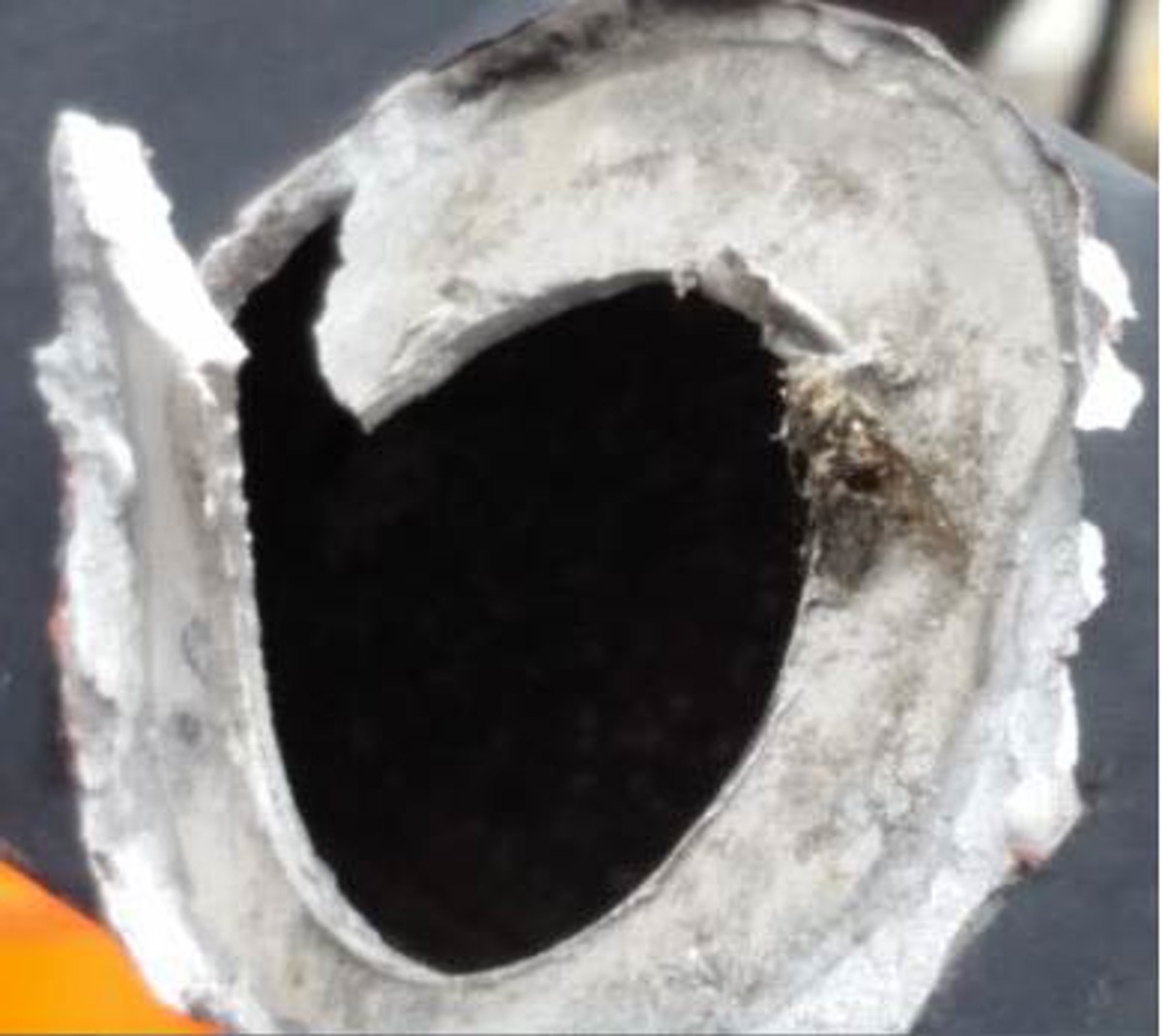
Mast damage following the second incident
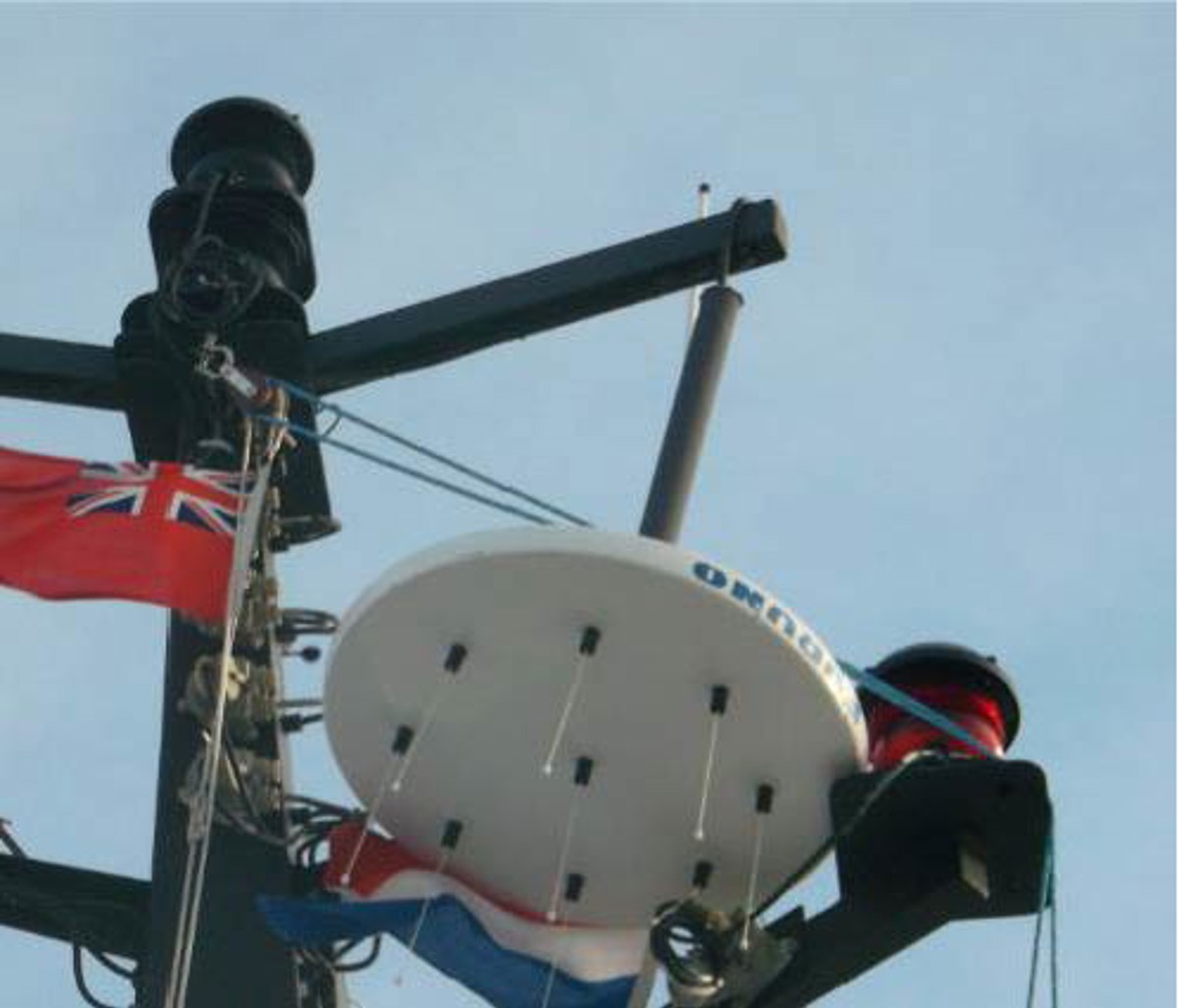
Mast damage following the second incident
Lessons learned
Our Member recommended the following:
- On CTVs, mast checks should be to be added to a planned maintenance or check schedule.
- These checks should focus on the tension of the shrouds and the strength of the welds supporting the mast arms.
- Extra special attention should be given to those parts of the mast that are unsupported and connected to large or heavy aerials or equipment.
Related safety flashes
-
IMCA SF 02/14
20 February 2014
-
IMCA SF 06/13
3 May 2013
-
IMCA SF 04/10
14 July 2010
IMCA Safety Flashes summarise key safety matters and incidents, allowing lessons to be more easily learnt for the benefit of the entire offshore industry.
The effectiveness of the IMCA Safety Flash system depends on the industry sharing information and so avoiding repeat incidents. Incidents are classified according to IOGP's Life Saving Rules.
All information is anonymised or sanitised, as appropriate, and warnings for graphic content included where possible.
IMCA makes every effort to ensure both the accuracy and reliability of the information shared, but is not be liable for any guidance and/or recommendation and/or statement herein contained.
The information contained in this document does not fulfil or replace any individual's or Member's legal, regulatory or other duties or obligations in respect of their operations. Individuals and Members remain solely responsible for the safe, lawful and proper conduct of their operations.
Share your safety incidents with IMCA online. Sign-up to receive Safety Flashes straight to your email.